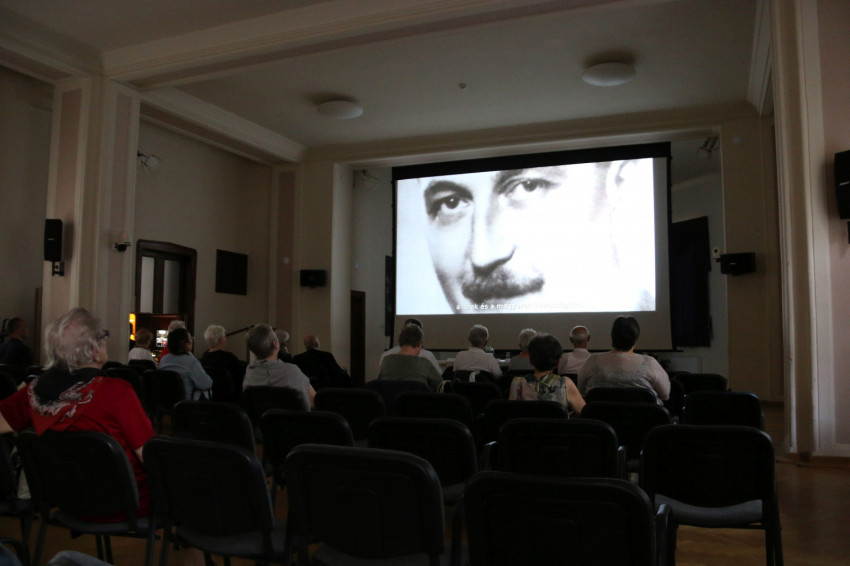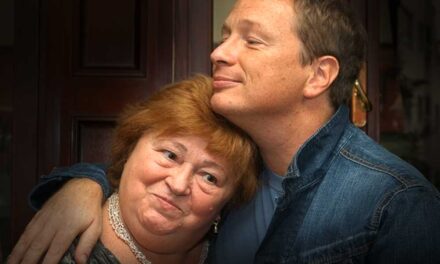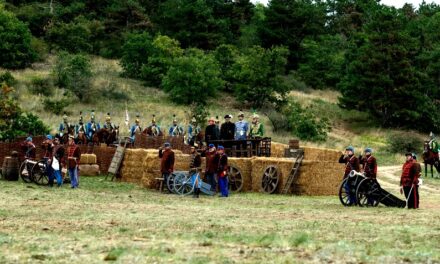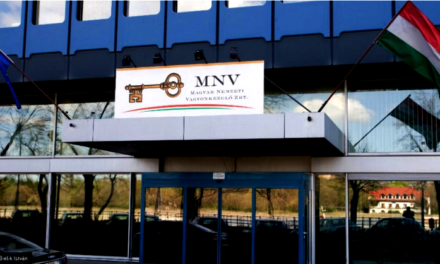In the third part of the series of programs called "Vászonkrísztus" created by the House of Dialogue in Budapest, those interested could see documentaries this week that were made about exemplary people of holy life, primarily from Central Europe. On the evening of Wednesday, June 8, Polish director Artur Janicki's documentary János Esterházy's Crossroads was screened.
The eighty-minute film is about János Esterházy (1901–1957), born to a Polish mother and a Hungarian father. Based on his statements, actions, family members and the evaluation of historians - Arkadiusz Adamczyk and Imre Molnár - we can get to know the martyr politician from the Highlands, who was persecuted by both the Nazis and the Communists, who took communion with all the suffering and hid and escaped Jews, Poles, Slovaks and Czechs, and finally the Hungarians in Slovakia he sacrificed his life for a minority.
After the film screening, a round table discussion was held, the participants of which were – film director and producer János Csányi; Historian Imre Molnár, the most experienced researcher of János Esterházy's life, and László Surján, Charter XXI. the questions of its president, former member of the European Parliament - SJ Szabolcs Sajgó, the head of the House of Dialogue, were answered.
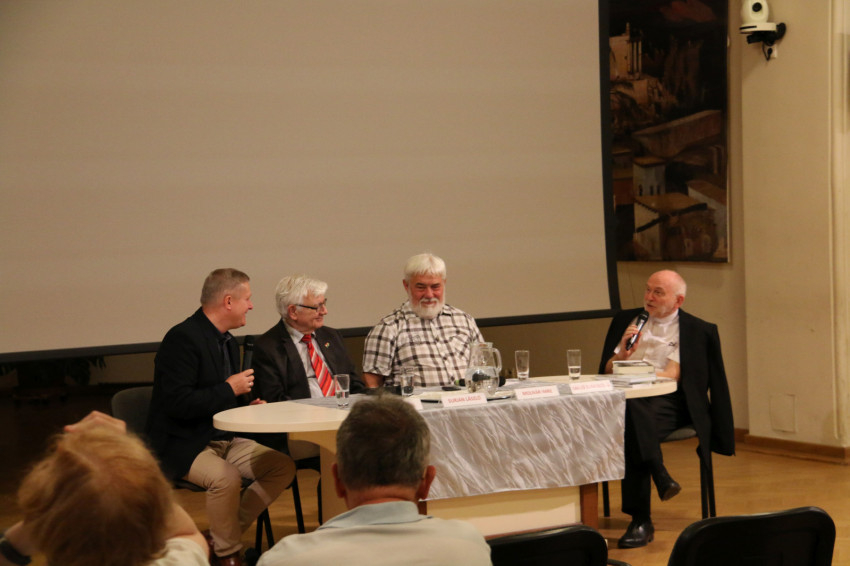
Source: Magyar Kurír/Párbeszéd house
The film revealed: during the time of danger, the Slovaks from Nyitraújlak hid the members of the Esterházy family and the people they had protected until then. Slovaks criticize Esterházy a lot because he was there in Kassan on November 11, 1938, when Miklós Horthy entered the city on his white horse after the first decision in Vienna and did not protest. However, Esterházy clearly stated in his speech here:
Slovaks who came under Hungarian rule must be treated humanely, the time for revenge has not come.
László Surján warned: let's not forget that we are eighteen years after Trianon, people's tempers are still boiling. However, Esterházy saw our destiny in our history.
János Csányi also recalled: the II. After World War II, János Esterházy was the number one politician of the Hungarians in the highlands, but the Central and Eastern European region was already under Soviet rule. His knowledge is enormous, his horizons are wide. At the same time, it does something quite amazing. Everyone around him flees, he is also encouraged, but he is not willing to do so. He says why would he run away when he is innocent and anyway, he was born here. He visits the Home Affairs Commissioner Gustáv Husák and demands from him the rights of the Hungarians. Husák immediately arrests him, ten days later he is in the notorious Moscow prison, Ljublanka, together with ten of his companions. Has he gone mad? Why did you do that?
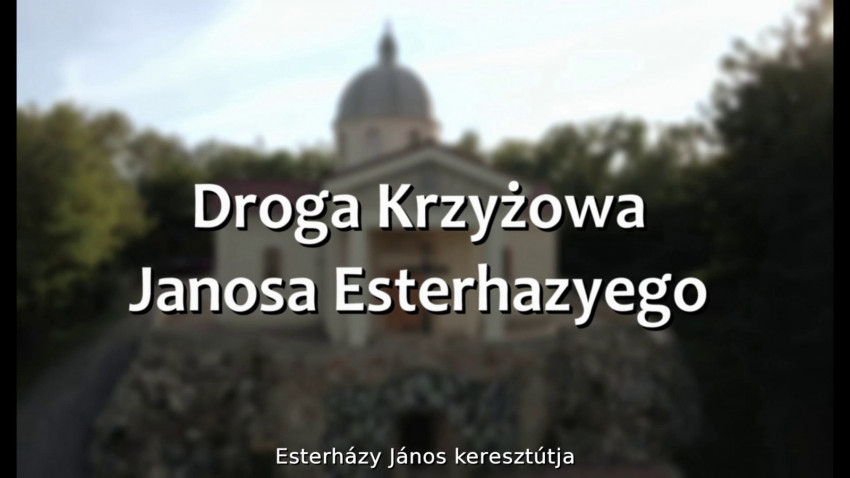
Source: Magyar Kurír/Párbeszéd house
The most shocking thing is that, based on his writings, he knew exactly that everything was lost, yet he does not go abroad, but instead writes: there is one more thing I can do, a sacrifice must be made, even at the cost of my life.
Historian Imre Molnár agreed with father Szabolcs Sajgó that János Esterházy is still here with us, actively and inspiring us.
János Esterházy was the most honest politician in Central Europe.
The young director of the film said: I thought I would choose János Esterházy because he is good material, but at the end of the film I realized: he chose me.
The historian quoted the monk Imre Kozma of the Order of Mercy: there is only one explanation for someone making such a sacrifice for his community as János Esterházy did: he loved those entrusted to him immeasurably. The II. Since the outbreak of World War II, he has almost ceased to function as a politician, addressing Hungarians from the highlands as "my dear Hungarian brothers".
This boundless love makes him not to leave them, to stay with them even in the most difficult times.
However, in order for someone to love his neighbors in this way, he must also have the love of God in his soul.
Source and full article: Magyar Kurír
Featured Image: House of Dialogue

